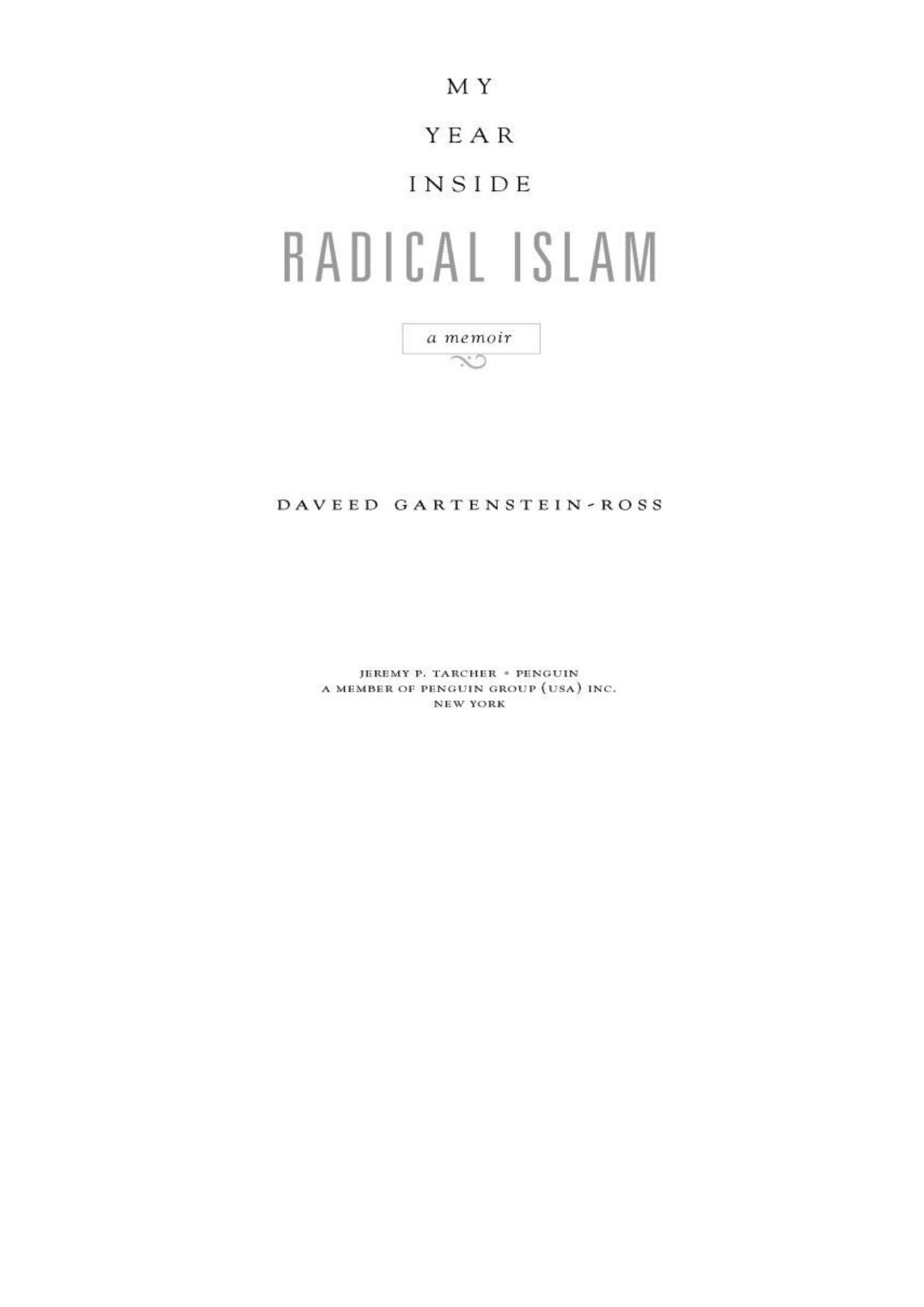
My Year Inside Radical Islam: A Memoir PDF
Preview My Year Inside Radical Islam: A Memoir
Born into a spiritually ambiguous family (his parents are nonpracticing Jews who follow the "Infinite Way"), Gartenstein-Ross grew up in the 1980s, in Ashland, Ore., a bucolic, posthippie paradise with a live-and-let-live ethic. Spiritually adrift through his teens, he discovers Islam through a classmate at Wake Forest University. Gartenstein-Ross—young and searching, like so many Americans of his socioeconomic class—quickly falls under the spell of fiercely committed Muslims. He begins working for al Harman, a radical Islamic charity that would eventually be linked to al-Qaeda, and soon starts a simultaneous process of being drawn deeper into the world of radical Islam and being repulsed by its brutal realities. Gartenstein-Ross fights an inner battle between his idealism, shaped by his socially conscious if somewhat scattered liberal upbringing, and his sense of the growing gap between his personal notion of Islam and the mounting list of rules and limitations its practice entails. This would seem compelling stuff, but throughout the story seems blunted. Even the chapters near the end that deal with Gartenstein-Ross's role as an informer for the FBI after the terrorist attacks on September 11, 2001, lack tension and real insight into the dilemma faced by so many cut adrift in Western secular culture. (Feb.)
Copyright © Reed Business Information, a division of Reed Elsevier Inc. All rights reserved.
Gartenstein-Ross reveals how widening doctrinal tensions are dividing twenty-first-century expressions of Islam in this memoir of his journey into and out of the faith. Raised by freethinking Jewish parents in a world of former hippies, Gartenstein-Ross finds himself pondering ultimate questions after two brushes with death. Friendship with a progressive Shiite Muslim offers answers. Gartenstein-Ross therefore converts. But both he and his Shiite friend subsequently encounter--and then cross over--the chasm separating moderates from radical orthodoxy. Gartenstein-Ross even works for a Muslim charity diverting funds to terrorists. After eventually turning away from the group hatreds and anti-intellectualism of radical Islam, Gartenstein-Ross embraces Christianity--and becomes an FBI informant. To his great joy, he subsequently discovers that his Shiite friend has likewise turned away from radicalism and has returned to moderate Islam. For readers trying to understand Muslims on both sides of the radical-moderate divide, Gartenstein-Ross' story will be an eye-opener. Bryce Christensen
Copyright © American Library Association. All rights reserved
